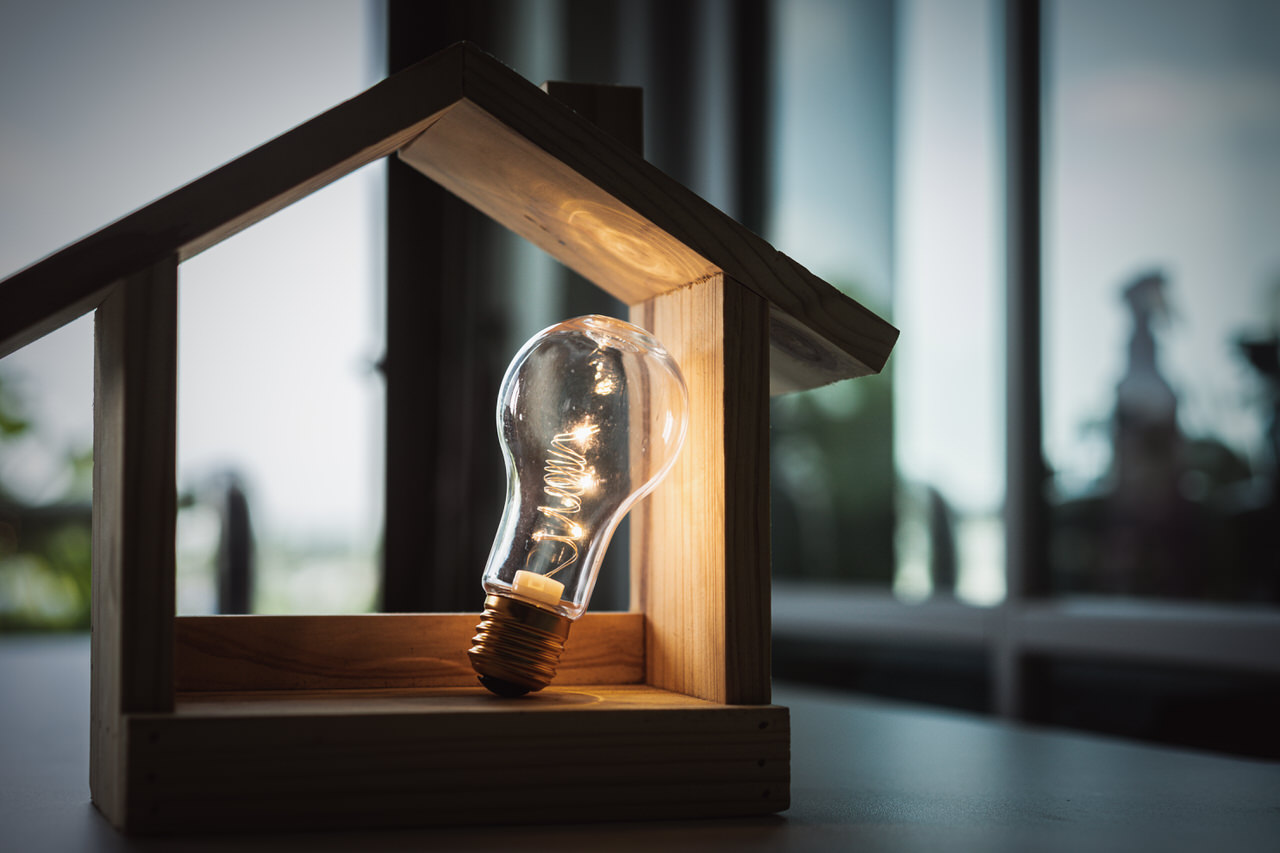Managing electricity costs and safety can be tricky as a tenant. You can control your own usage, but you don’t have ownership or control over the appliances in your home. If your landlord has purchased devices that are inefficient or in poor condition, there’s only so much you can do.
The best way to manage your electricity as a tenant is to get comfortable with it. Use the checklist below to learn the ins and outs of your home. You can use this familiarity to spot problems and reduce costs wherever possible.
Whether you’re just moving into a unit or you want more control over your power, these tips are a great place to start.
1. Make sure your power service is in order
The first thing you need to do is to make sure your electricity accounts are in order.
Start by making sure that the service at your previous home was canceled or transferred. You don’t want to get stuck with charges for someone else’s usage or deal with the hassle of sorting this problem later on.
Next, ensure that your account is active at your new place. Your personal information, such as your name and address, should be input correctly. Check your payment details so you don’t accidentally miss a payment due to a mistake. Make sure you have set up auto-pay or that you understand how to use your preferred payment method.
Finally, familiarize yourself with your electricity plan and the name of your provider. Read each power bill carefully. You should hang onto your paper or electronic bills just in case you need them later on.
2. Find your fuse box
Your fuse box distributes electricity to each area of your home. If a breaker trips or you need to turn off the power to a specific area, you will use the fuse box.
Generally, most tenants won’t ever need to mess with the fuse box. You can just call your landlord if there are any electrical issues. Still, it won’t hurt to locate the box and understand how it works.
3. Check outlets for damage
You should then inspect every outlet in the home, including any outside. This may be a tedious task, but it can help you find any potential electrical problems.
Make sure every wall plate is undamaged. Any plates that are loose, cracked, or missing pieces should be replaced, especially if they expose the wiring inside.
As you go, touch each plate to feel for any heat coming from the outlet. This can be a sign of an electricity leak or a problem with the wiring. Look for scorch marks and burned or melted pieces as well.
Finally, test each outlet with a small device, such as a lamp. Check for outlets that don’t work or that create sparks when you plug the device in.
If you encounter any problems, contact your landlord ASAP.
4. Make sure your switches work
Similarly, test all of your wall switches to make sure they all work correctly. You can use this opportunity to learn what each switch controls, including which ones are connected to outlets.
Any cracked, loose, or damaged plates need to be replaced. Let your landlord know about any issues.
5. Check the lights
All of the lights in your home should shine brightly, including any lights outside. Turn on each light to check for any dim or flickering bulbs. Any of these problems should be reported to your landlord.
As you go, note any bulbs that aren’t working. If you can, make sure every light bulb uses the right wattage. You might also consider replacing halogen or incandescent bulbs with more energy-efficient options.
Before contacting maintenance or your landlord about any problems, check your lease. Some rental agreements make the tenant responsible for replacing light bulbs. Make sure that is the case before spending your own money on new bulbs.
6. Watch for issues with appliances
You may not be able to choose your own appliances, but you make sure that they work efficiently.
Pay attention to how each machine runs. Does your air conditioner cycle for an unusually long time? Can your dryer dry your clothes in one cycle or do you have to run it multiple times?
You can research online to find ways to improve each appliance’s performance. Maybe you need to clean the dryer vent or adjust the fridge’s temperature. These small and simple improvements will make your life easier and might even lower your power bill.
For more complicated issues, request a service call from your landlord.
7. Pay attention to your power bill
Your power bill includes a lot of important information. When you learn how to read your electricity bill, you can quickly spot problems with your usage and charges.
For the first few months after moving in, use your bills to get a feel for normal usage. Keep track of events that can increase your costs, such as having guests stay with you or experiencing intense temperatures.
Check every month to make sure your bill reflects the right amount of usage. Get in touch with the power company if you notice a large, unexplained spike. You’ll be able to correct potential issues, such as a faulty electricity meter, quickly.
This knowledge also gives you more control over how much power you use. As the seasons and temperatures change, especially with the heat in Texas summers, you can anticipate and plan for changing costs.
8. Check smoke and CO detectors
Most, but not all, safety alarms run on batteries. See which type of devices you have and, if needed, plan for bi-annual battery changes.
Test each device to make sure it is working properly. If the device starts beeping or doesn’t respond when you push the test button, get in touch with maintenance.
The more you know about your home’s power service, the better your control. Get tips for understanding and reducing your electricity costs on our blog.

